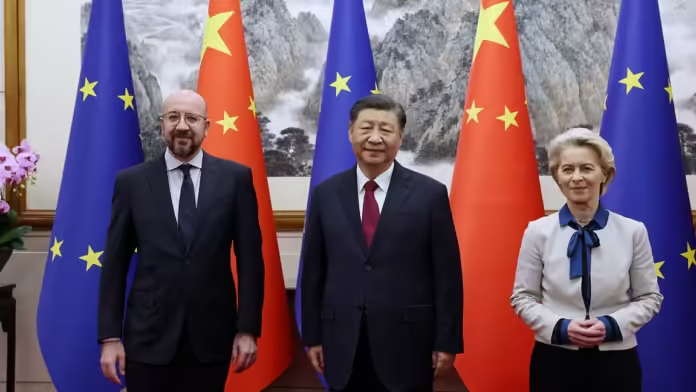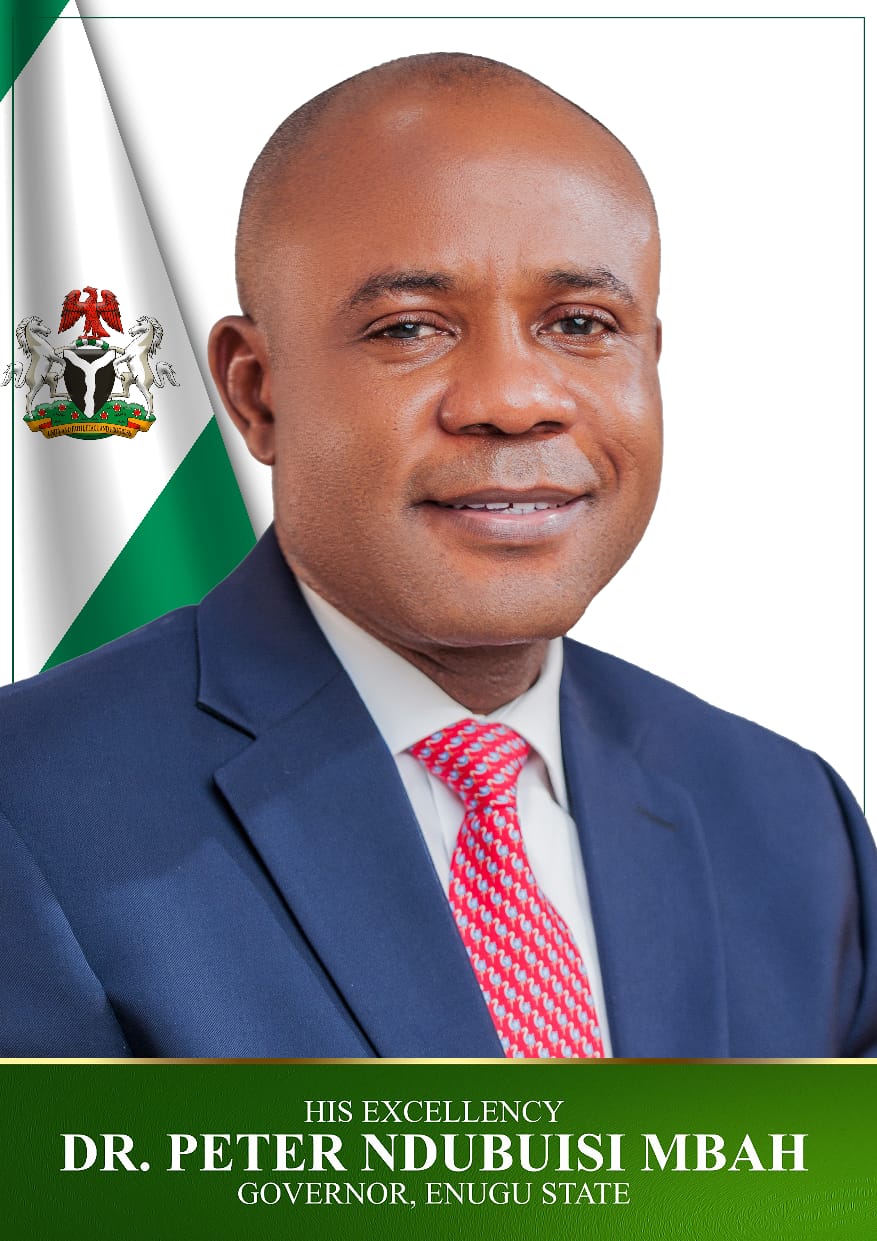Beijing warned on Friday that escalating frictions with the European Union over electric vehicle imports could trigger a trade war, as Germany’s economy minister arrived in the Chinese capital with the proposed tariffs high on his agenda.
Robert Habeck’s three-day trip to China is the first by a senior European official since Brussels proposed hefty duties on imports of Chinese-made electric vehicles to combat excessive subsidies.
That has unleashed countermeasures by China and harsh criticism from Chinese leaders.
This week alone, Chinese automakers urged Beijing to hike tariffs on imported European gasoline-powered cars and the government launched a dumping probe into EU pork imports in retaliation for the EU Commission’s move.
“Responsibility lies entirely with the EU side,” a spokesperson for China’s commerce ministry said in a statement.
“In its countervailing duties investigation, the European side intimidated and coerced Chinese enterprises threatened to apply punitive high tariff rates, and demanded overly broad information,” it added.
Habeck’s visit is seen as an opportunity for Germany, Europe’s biggest economy, to explain to Chinese officials the recent tariff announcement while allaying the risk of retaliation from China that could harm German businesses.
Germany’s voice carries particular weight, and its leading car manufacturers have vociferously opposed the EU tariffs. Berlin has urged dialogue while also expecting China to compromise.
The country’s carmakers would be the most exposed to any counter-moves from China, as almost a third of their sales came from the 18.6 trillion-dollar-economy last year.
The EU’s move on EV tariffs plunged trade ties with the world’s second-largest economy to a new low.
But Chinese state media portrayed his visit as a chance to defuse tensions. Germany should seek consensus, some experts said, according to Chinese state-controlled tabloid Global Times on Friday.





